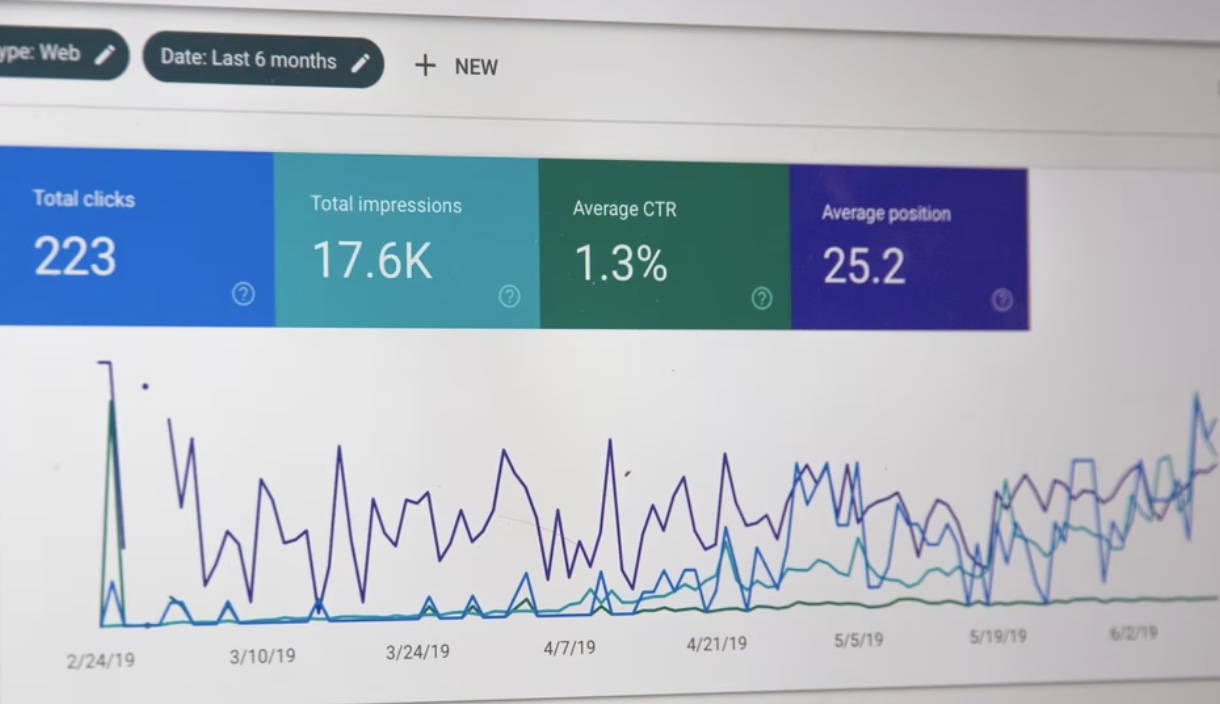Search Engine Optimization (SEO) is a marketing strategy focused on increasing a website’s exposure to search engines and ultimately drawing more relevant traffic. SEO applies to all aspects of a business’s online presence, from the design of their website to what customers will see when searching for it in Google or Bing. That means that any part of your business can be optimized in such a way as to make it more visible in search results.
The process of optimizing your business within search engine result pages (SERPs) can take several months even when done well, but if done correctly it can be a major source of new business. To help you to get the most from your SEO, here are six important things to have in mind when planning your strategy.
Contents
Google Algorithm Updates
Google’s algorithm is a constantly evolving beast, and the company makes several updates every month. Because of this, it’s important to treat your SEO strategy as a long-term investment rather than a short-term one. Ideally, According to the SEO team from Excite Media, SEO should be well-researched, planned, and updated according to the changes Google makes to its algorithm. Being able to predict these changes is impossible, but you can always take steps proactively if your website is hit by Google’s adjustments. This means regularly reviewing your content, traffic sources, bounce rate (how quickly users leave your site), and other metrics. While it may be hard to make your website evergreen, you should make an effort to ensure that the changes don’t drastically damage your SEO.
Your Business’s Online Reputation
When a prospective customer searches for your business online, they will likely check out what other people have said about you before giving you a call or walking through your doors. If you have satisfied customers, you should ask them to leave reviews on your business listing on Google Places, Yelp, and any other popular review sites. This is important for two reasons: firstly it will help to promote your business, but secondly, if anybody complains about you online then it’s easier to manage the situation when you’re aware of the problem before it gets out of hand.
Your Competitors’ Successes and Failures
An important part of planning your SEO strategy is not only predicting Google’s algorithm updates but also researching what competitors are doing with their strategies. This will help you understand the current state of search engine optimization; if other companies in your field are taking advantage of recent changes, then it’s likely that you should too. If they’re falling behind because their websites aren’t mobile-friendly, for instance, then there’s no point trying to compete with them on optimization methods from two years ago.
Conversion Rate Optimization (CRO)
SEO isn’t a one-time project. It’s a continuous effort to make your website as visible as possible in SERPs, and this is where CRO comes into play. Once you’ve made sure that your business appears high up for relevant searches, the next step is to improve your conversion rate (the percentage of visitors who take the desired action). The best way to do this is by A/B testing different content and making adjustments based on the data until you reach the maximum conversion rate possible. It’s also a good idea to use analytics software on your website to track how users interact with different pages and features.
On-Page SEO
You can’t have a successful SEO campaign without optimizing your website first. This starts with the basics: meta-descriptions, keywords, alt tags, etc., but it doesn’t end there. To truly maximize your search engine visibility you should be using more advanced on-page optimization techniques such as UX design elements that encourage people to stay on your page for longer, share it via social media, or sign up to an email list from which you can market to them directly in the future. The best website designers will be able to advise you on the best practices to achieve this, so make sure you communicate your specific needs with them.
Off-Page SEO
While most searches result in users clicking through their first choice of result, these are rarely the most relevant pages for that search. A website’s authority in Google is determined by its popularity, and when it comes to off-page optimization, you’re working on building up the trustworthiness of your page through other websites linking back to it. Links from high-quality sources with a similar audience to yours will help increase your visibility, but make sure they go directly to the correct page (i.e., not your homepage) with descriptive text containing keywords related to what people are searching for.

SEO is an important part of any marketing strategy because it allows businesses to be found online where most customers are searching these days, rather than just being placed in front of them or advertised to them depending on which media you use. It’s a long-term investment rather than a short-term one, but it is possible to maximize your website’s visibility in Google with careful planning and regular updates to match the ever-changing algorithm. So if you want to put yourself ahead of the game, make sure you keep the abovementioned factors in mind when planning your SEO strategy.
